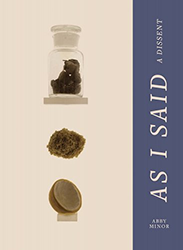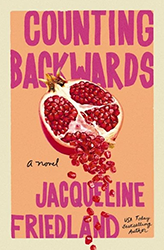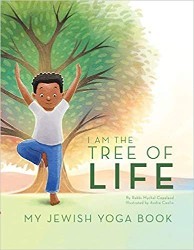April 20, 2012
The Talmud recalls that after Moses shattered the first set of Ten Commandments, destroying them with the Golden Calf, Moses did not discard those tablets’ broken fragments. Although he returned to Mount Sinai to replace the tablets of the Ten Commandments, the shattered shards of the earlier set also were retained. From this the Talmud teaches, “Respect the aged, because the fragments of the original tablets were preserved in the Ark with the new ones” (Babylonian Talmud, B’rachot 8b).
Alzheimer’s disease represents a human set of broken fragments. Americans – and especially American Jews – are living longer, and with aging comes a greater risk of Alzheimer’s disease and related dementias. Is there a Jewish response, or a response among Jews, to this worrisome illness?
Broken Fragments: Jewish Experiences of Alzheimer’s Disease through Diagnosis, Adaptation and Moving On includes the stories and teachings of Jewish clergy, physicians, social workers, and family of people with Alzheimer’s disease, weaving rich Jewish texts through each chapter’s narrative. It offers the comfort and the wisdom of our ancient tradition to provide meaning for the Alzheimer’s worry of today.
Alzheimer’s disease represents a human set of broken fragments. Americans – and especially American Jews – are living longer, and with aging comes a greater risk of Alzheimer’s disease and related dementias. Is there a Jewish response, or a response among Jews, to this worrisome illness?
Broken Fragments: Jewish Experiences of Alzheimer’s Disease through Diagnosis, Adaptation and Moving On includes the stories and teachings of Jewish clergy, physicians, social workers, and family of people with Alzheimer’s disease, weaving rich Jewish texts through each chapter’s narrative. It offers the comfort and the wisdom of our ancient tradition to provide meaning for the Alzheimer’s worry of today.





